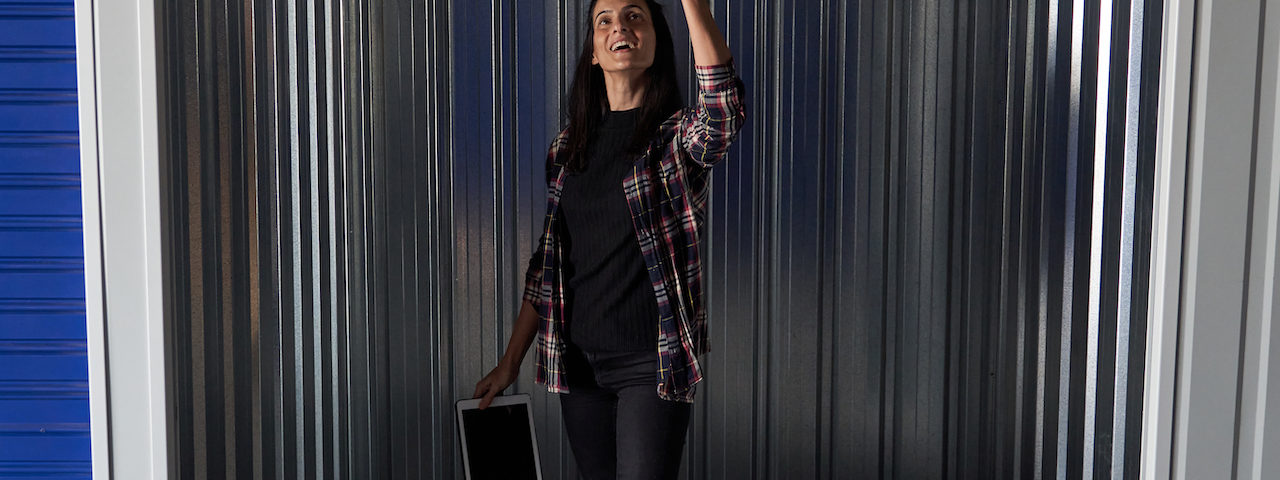When it comes to protecting your stored belongings, the right lock is essential. Whether you’re renting a storage unit for personal or business use, it’s important to consider the following five factors when buying a lock:
- Key Type
The type of key used with your lock will impact the security of your storage unit. Traditional locks may use standard keys that are easy to duplicate, whereas more advanced locks may require a unique key or even a combination-style lock.
- Material Type
The material used for the lock and its components plays an important role in determining the security of your unit. Make sure that the lock you choose is made from high-quality materials such as steel and brass that can withstand weather and wear and tear.
- Durability
How durable is the lock? Consider how much use it will get when determining its durability. If you’ll be using the lock frequently, such as for business storage, opt for a lock with a higher rating that can better stand up to frequent use.
- Security Features
When choosing a lock, look for additional security features such as hidden shackle locks that are harder to pick or cut. If you’re storing valuables, consider a lock with anti-theft technology that will alert you if the lock is tampered with.
- Cost
The cost of the lock should also be taken into account. While it’s important to invest in a quality lock, you don’t want to break the bank either. Look for locks that offer good security and value at an affordable price.
When shopping for the right lock for your storage unit, consider these five factors and make sure you choose one that meets your needs and budget. With the right lock in place, you can rest assured that your belongings are safe and secure.
It’s also a good idea to check with your storage facility before choosing a lock. Some facilities require certain types of locks or may even provide them for you at no additional cost. Knowing the rules ahead of time will save you both money and hassle in the long run.
